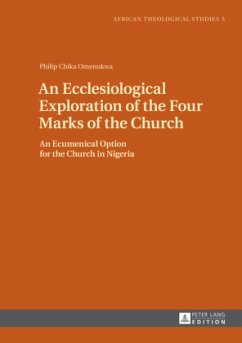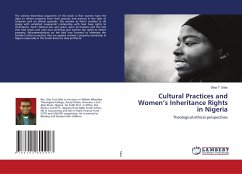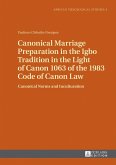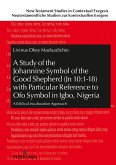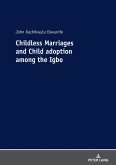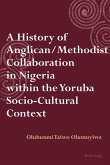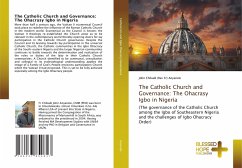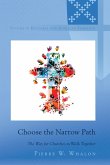The vibrancy of faith and the fast growth of different churches in Nigeria seem to obscure the reality of some precarious historical challenges that call for crucial and genuine ecclesiological inquiry. The Nigerian Church's unique history loaded with various facets of indoctrination and the peculiarities of her constituents demands an urgent ecclesial and theological attention. Following an exploratory, analytical, critical and historical methodology, this book finds Francis Alfred Sullivan's explication of the intricate nuances of the Four Marks of the Church as a fitting ecumenical model for the Nigerian ecclesial situation. It delves into this model and presents the findings through a catechetical prism as an alternative for effective and sustainable de-indoctrination. The author also finds dialogue as a probable effective tool for de-indoctrination, but also acknowledges that legitimate ecclesiological dialogue does not rule out difficulties in the process. He therefore argues that the consciousness of the ecumenical worth of the Four Marks of the Church as well as faithfulness to the principles of dialogue will lead to the resolution of much of these differences.

